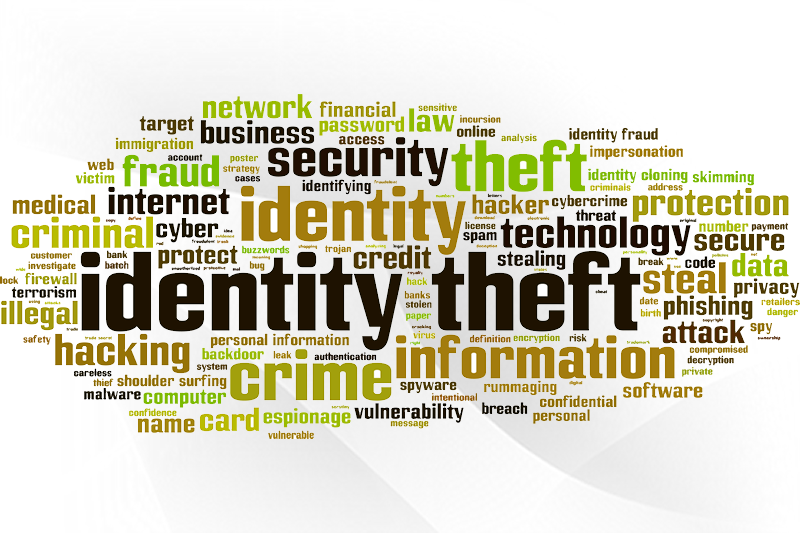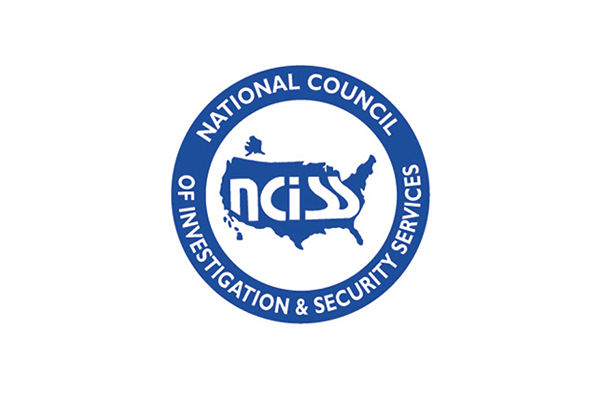There is no worse feeling than waking up to check your credit card statement online and finding out that your card has been maxed out by fraudulent charges in another country – or in your own town, for that matter. So many things begin to race through your mind: what do I do now? Who do I call? What other information does this thief have? Am I safe? Could I have prevented this?
Identity theft is no joke. As I write this, the IRS announced that there has been over $25 BILLION in fraudulent social security claims over the last couple of years. That number is STAGGERING. It most certainly can happen to you – but you can prevent it.
Being an expert in the data protection industry, I am often asked how to prevent identity theft. I’m going to share a few of my favorites:
1. Check your credit report regularly at AnnualCreditReports.com. I also recommend the website, CreditKarma.com, which aggregates all of your account information and monitors any suspicious activity – all for free!
2. Enroll in purchase notification with your credit card company. This free feature has been a life-saver for me. You set a minimum dollar limit that, if reached during a transaction, your credit card company will notify you – by phone, text or email – and you have to approve the transaction. Most credit card companies offer this.
3. Shred everything, and not just your really sensitive stuff, everything. I’ve begun to shred all of my junk mail (think about all those credit card offers that someone could pilfer) and old magazines, which contain a surprising amount of personally identifiable information.
4. Install a home firewall or, at a minimum, password protect your home internet network. You’d never believe how many potential identity thieves drive around neighborhoods looking to tap into an unsecured network.
5. Destroy old computer hard drives and other electronic data. With technology as inexpensive as it is, the general public is constantly upgrading to the latest and greatest hardware – be it laptop, desktop (what is that) iPhone or iPad. All of these contain your sensitive information. Instead of throwing them in the garbage, or selling them (to identity thieves!) on Craigslist or eBay, consider taking out the hard drive and destroying it. While it sounds nice to get twenty-five bucks for your old cell phone – just think of the damage an identity thief could do with all of your sensitive information. At a minimum, restore your phone to the factory settings.
Jeff Green is the Sales and Marketing Manager at Allshred Services in Maumee, Ohio, whose focus is on the prevention of corporate espionage and identity theft protection. If you’d like more information on this topic or on AllShred Services, please contact Jeff at:







